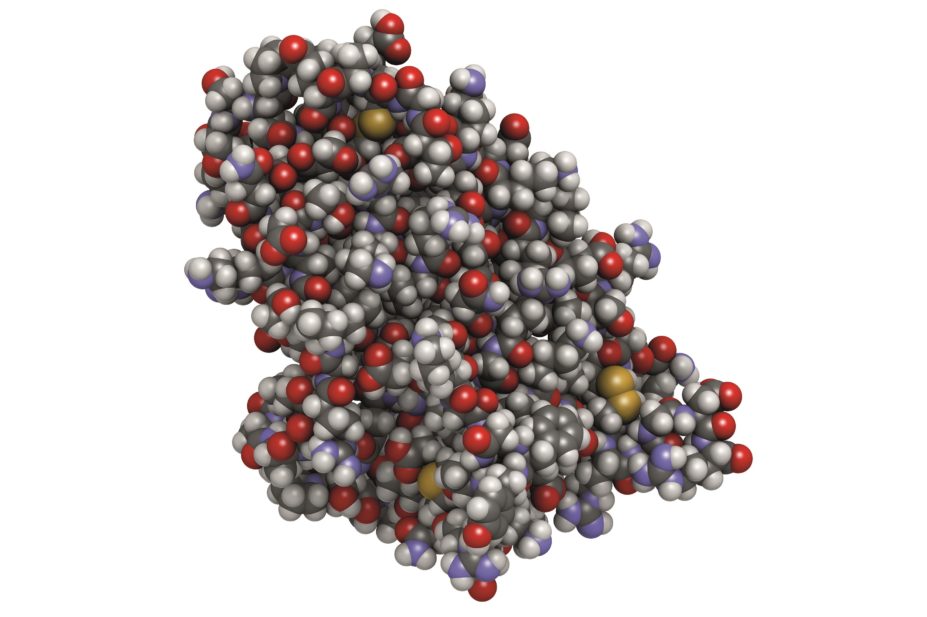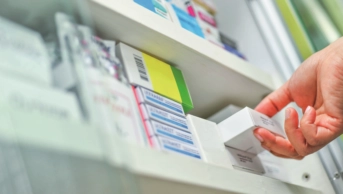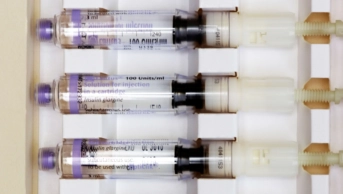
Shutterstock
The introduction of biosimilar medicines is driving down the price of biological drugs in the European Economic Area (EEA), with the highest price reductions at 50−70%, according to a report[1]
prepared for the European Commission by the global information and technology services company IMS Health.
A biosimilar medicine is a product that has received regulatory approval and which demonstrates similar characteristics to a reference medicinal product in terms of biological activity, safety and efficacy.
The report, based on 2014 data and published on 16 December 2015, presents data on: epoetin (pictured), a recombinant form of human erythropoietin; granulocyte colony-stimulating factor; human growth hormone (somatropin); tumour necrosis factor (TNF) inhibitors; gonadotropin preparations; and recombinant human insulins.
IMS Health notes that uptake of biosimilar medicines compared with the originator product varies widely between countries and across therapeutic areas, and found only a weak correlation between biosimilar market share and price reduction. Price reductions in countries that had low usage/availability of biological drugs when biosimilars were introduced resulted in a significant increase in patient access.
IMS Health also observes that a diverse range of product profiles is emerging. “As a result, different products are used for different indications which impact the patients for which they compete in the class. This is most obvious in anti-TNF,” the report says.
The Association of the British Pharmaceutical Industry (ABPI) welcomed the report and says that savings made through establishing a competitive marketplace should be reinvested to support greater and earlier patient access to biological medicines.


